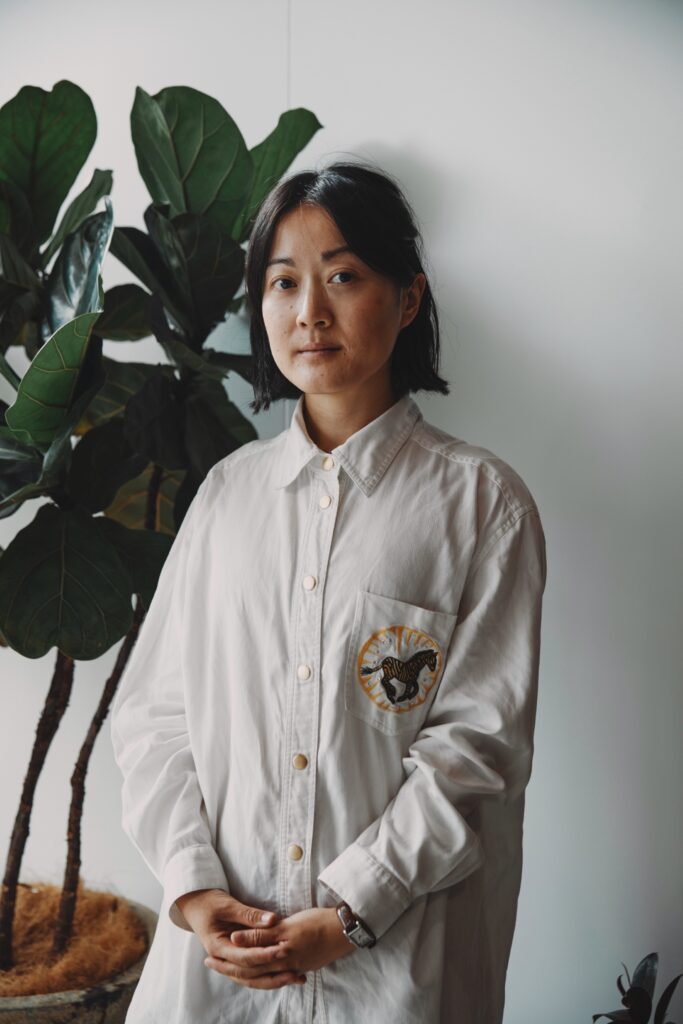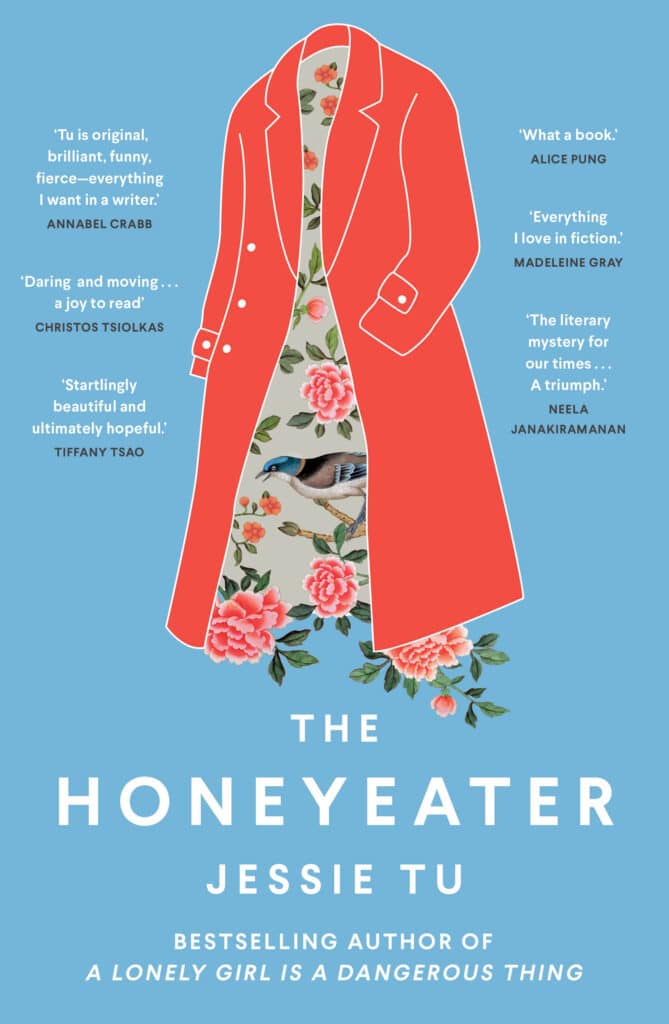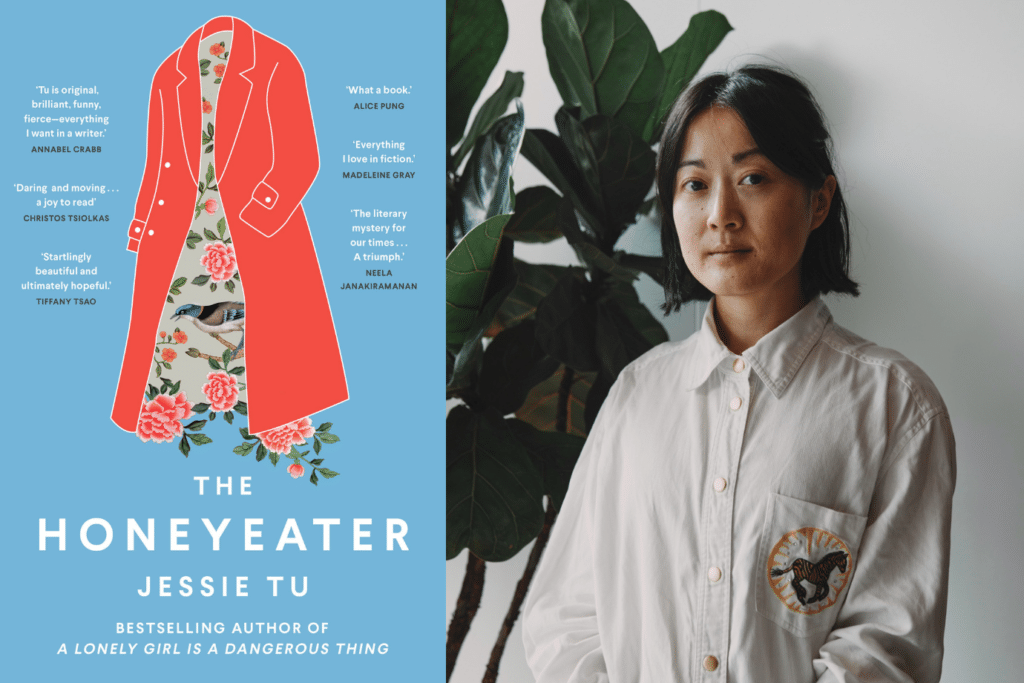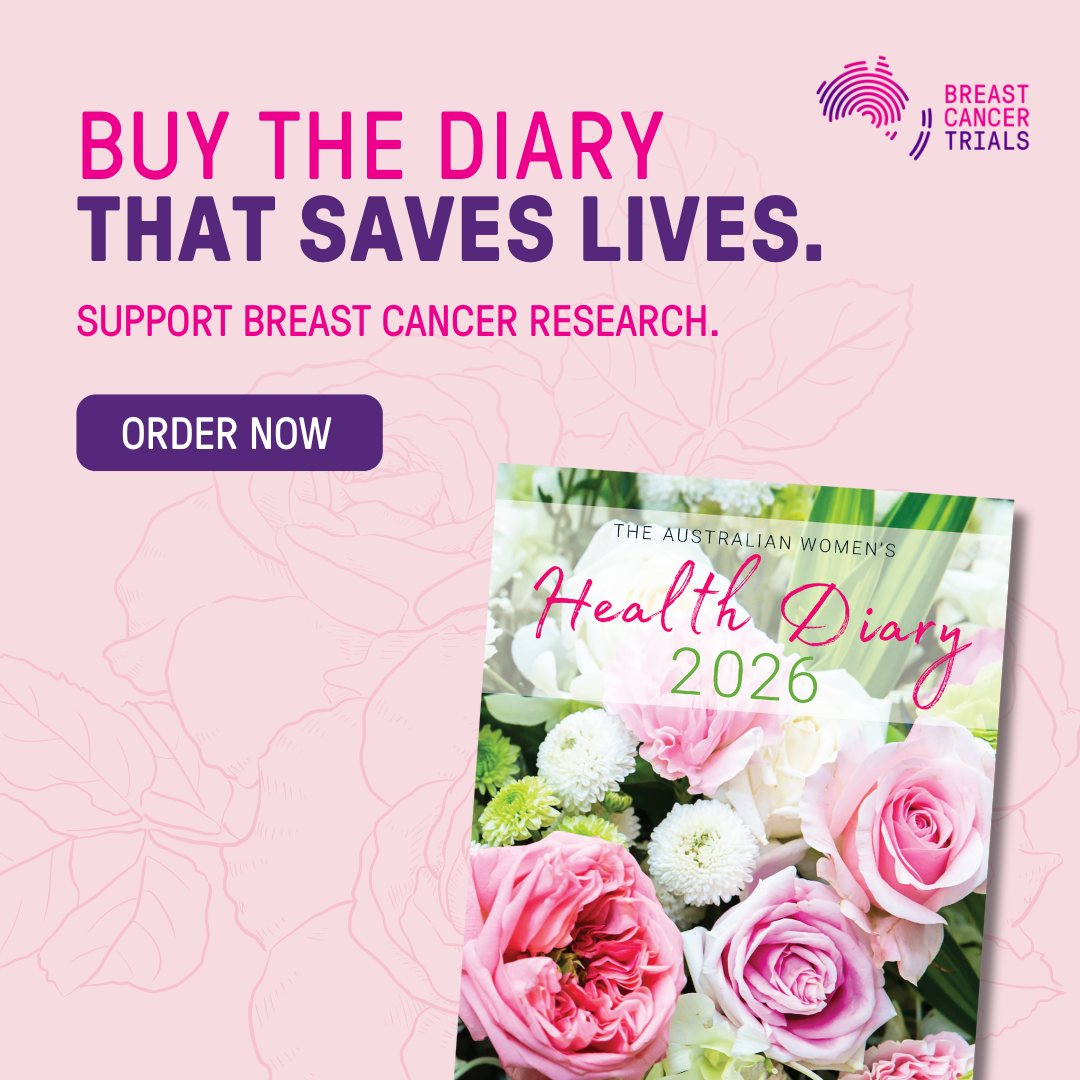A suspenseful and moving story focused on mother-daughter relationships and translation, Jessie Tu’s highly anticipated second novel, The Honeyeater, is out today.
Tu is the author of the acclaimed book A Lonely Girl is a Dangerous Thing, a book critic at The Age and Sydney Morning Herald, and a journalist for Women’s Agenda.
Describing her first book as “an explosion” in the sense that she wrote it in a whirlwind of emotions during her twenties, The Honeyeater is a “more deliberate and intentional” creation, through the lens of her third decade.

In the novel, Tu introduces Fay, a young academic and emerging translator, who takes her mother on a package tour holiday to France to celebrate her birthday. Although the pair are close in a literal and figurative sense, they keep to themselves during the holiday. And by the end of the trip, Fay receives news of the death of her former lover, leading her to seek solace from her mentor, Professor Samantha Egan-Smith, who offers her a spot at a prestigious translation conference in Taipei.
However, when a shocking allegation is made, Fay is forced to grapple with whether or not she can trust the Professor. At the same time, her mother had begged her not to go to Taipei, warning of danger. And the ensuing events show there is almost nothing a mother won’t do to protect her child.
“Everything I love in fiction,” is how Madeleine Gray, author of Green Dot, describes the book.
Australian journalist Annabel Crabb also expressed her love for it, saying, “Tu is original, brilliant, funny, fierce – everything I want in a writer.”
Today, Women’s Agenda sits down with our very own Jessie Tu to ask her more about the inspiration behind The Honeyeater, her writing process and the lasting message she hopes readers gain from her story.

Huge congrats on the launch of The Honeyeater! How does it feel to have your second book out in the world after so much work has gone into crafting it?
Thank you! It’s super exciting because you never know whether you’ll get to publish a second book after the first one comes out – nothing is guaranteed when you’re in the creative field, which is why I think many people seek ‘stable’ jobs – I’ve realised over the past 4 years, with MANY instances of losing faith and confidence in myself, that being a writer can be hard. You must have so much will-power and self-belief that what you do matters. I think this is emotionally gruelling. I’m extremely grateful for the steady job I have part-time at Women’s Agenda, as it brings me a balance to my work-day I could not survive without.
Following your acclaimed success with A Lonely Girl Is a Dangerous Thing, how did the writing and publishing process for The Honeyeater compare?
I think this book felt more deliberate and intentional, and less of a shame-filled endeavour. I think my first book was really an explosion, in the sense that, I wrote it quite rapidly because I was filled with SO MANY EMOTIONS as a twenty-something. I began this book after I turned 30, and something happens when you enter your third decade. I think my whole outlook in life (and therefore, in writing) changed so drastically. Not through any deliberate effort on my part, it sort of just happened – my priorities changed. I became less impulsive and better at asking for what I want.
Because this new book involves a creative field I am not in (literary translation) I spent more time researching the form (whereas my first book was about the classic music world, which I had been inside for several years…so I didn’t do as much ‘active’ research in it). Reading about the literary translation industry was absolutely pleasure-filled.
The Honeyeater has been described as “A sensitive meditation on what is and isn’t said between mother and daughter”. How important was it to you to capture the complex relationship between different generations of women in a way that held true to reality?
I wanted to reflect two things I’ve always struggled with – my intense and passionate and very complicated love for my mother, and my intense and passionate and very complicated idolisation of women in positions of public power. I didn’t know how to frame the story in a way that gave both these relationships equal weight. I think I’ve lost so much sleep in my life over conflicts I’ve had with female bosses, and I wanted to explore those feelings. I wanted to explore the workplace as a site of power-play between two women of different ages and ethnicities.
Also, questions like: what does it mean to ‘mentor’ someone? And why is it such a HUGE buzzword for women in the workplace? On the one hand, I understand how one might feel drawn to a woman in a higher position in your organisation when you’re starting out as a young female professional – especially if you’re working in a field where women are minorities, like STEM. But how are these relationships managed? Who decides the boundaries and conditions of such a relationship? What is the ultimate goal of the relationship? What does the mentor get out of the relationship? Is she being paid or is she asked to do something voluntarily?
Then the mother daughter relationship – well, I just tried to capture the complicated nuances I have felt in my own relationship with my mother. It’s rooted in my own reality, and I believe many readers will emphasise with.
How much of your own life and personal experience did you allow to translate onto the page within The Honeyeater?
It’s like any other book really – the emotional truths are taken from real life, but much of the action and dialogue is totally made up. I don’t think any piece of writing is completely fiction or completely non-fiction. There are elements of fiction that bleed into non-fiction, because nothing is completely reflective of a lived experience – a story serves only itself and the writer, if they are attuned to what they’re doing, knows that literature does not function in a binary.
What kind of message or feeling do you hope readers take away after reading this book?
I hope readers not only seek out more translated fiction and writing, but that they are interested and keen to learn more about the translators themselves. I want more people to pay attention to those people who are ‘on the sidelines’ – the people who often work to bring something to life and don’t ask to have their egos massaged.
I hope people can see what I’m trying to do by telling the story of Fay – which is that attention is the purest form of love, and that it’s the quietest form too, that it doesn’t demand to be in the spotlight – that things ideas can be transferred to all other areas in our lives.
You can find out more about The Honeyeater here.



